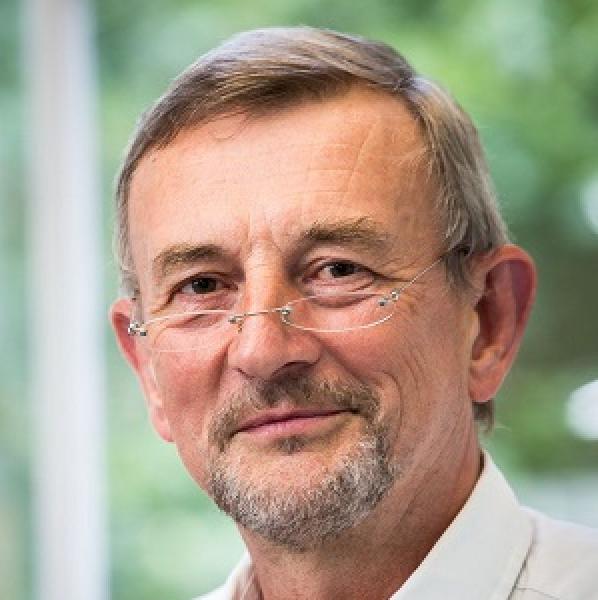Here are some simple ways to get involved in research that could contribute towards the fight against dementia – no scientific knowledge needed.
You need not be a scientist to get involved with dementia research. Anyone can join in – and here’s how.
“It’s now easy for everyone to get involved in dementia research and there are many ways to do so,” says Simon Denegri, National Director for Patients and the Public at the National Institute for Health Research (NIHR).
Patients, families and the public can take part in research to help prevent dementia.
When asked, some 60%1 of people are willing to take part in dementia research, and now is the time: “Dementia recently became the most common cause of deaths for women in England. Patients, families and the public can take part in research to help prevent it, manage it better, and find a cure.”
Only with willing volunteers can researchers explore their ideas and find ways to help people live well with dementia. That’s why Join Dementia Research exists – to connect researchers with people who want to participate in studies and accelerate progress.
The cutting edge of research
Professor Martin Rossor, NIHR National Director for Dementia Research, says some of the hot topics in dementia research now are about prevention. “Lifestyle changes are now attracting much scientific interest. There is good evidence that treating high blood pressure, eating a Mediterranean diet and stopping smoking in midlife can reduce the risk of dementia later on,” he says.
Eating a Mediterranean diet and stopping smoking in midlife can reduce the risk of dementia later on.
Research is also ongoing into the role that sleep might play in the development of dementia. “There is evidence that during sleep the body clears the brain tissue of beta-amyloid, one of the earliest biomarkers for the development Alzheimer’s disease,” says Rossor.
Meanwhile research is ongoing into the effectiveness of newly-developed antibodies to the toxic amyloid.
“The NIHR provides funding and the infrastructure for research like this, and is empowering patients and the public to get involved easily, wherever they live,” says Rossor.
You could change research
Individual volunteers can literally change the direction of dementia research. Rossor says: “There have been cases where an individual volunteer, or families, coming forward to take part in studies, have changed the direction of dementia research.”
By offering to take part in studies, volunteers from families which carry genetic mutations that predispose them to develop Familial Alzheimer’s Disease, led to the discovery that the brain shrinks years before obvious symptoms such as memory loss become apparent.
Studies led to the discovery that the brain shrinks years before obvious symptoms.
Rossor says: “This has given us a better understanding of the earliest stages of Alzheimer’s Disease. There is now an international research project studying the effect of newly-developed antibodies to the amyloid, well before the more obvious symptoms develop. Volunteers on this study have genetic mutations that can give them a 50:50 chance of developing Familial Alzheimer’s Disease.”
He explains that it could be that previous trials of drugs to fight Alzheimer’s Disease, which have involved people who have already been diagnosed, may have been taking place at too late a stage in the disease’s progression for the drugs to help.
“Results are due next year, and we hope this combination of new antibodies and much earlier treatment will produce more positive results than other studies have produced in the past,” he says.
It’s about more than participation
As well as taking part in studies, you can now suggest areas for research, help set research funding priorities, and assist in study design.
“Research is no longer confined to laboratories. Ten years ago, clinicians set research funding priorities, but now we want opinions from patients and the public,” Denegri says.
Research is no longer confined to laboratories.
“Patients and families helping design studies means money and time is not wasted on research for which volunteers will not come forward,” says Denegri.
“For instance, study volunteers may say that weekly hospital visits are a burden, and less frequent hospital visits, travel funding, or if scientists came to them would attract more volunteers.”
People can also help ensure that study information is easy to understand, and can talk to their community about dementia and how to get involved in research.
You can find ways to get involved on the NIHR website, and register with Join Dementia Research to find local research.
“People who register may be invited to take part in studies, surveys and questionnaires, and all get regular updates about dementia research,” says Denegri.
“It’s an easy way to get involved and help beat dementia.”
1 YouGov poll for Alzheimer’s Research UK 29th – 30th January 2015

Simon Denegri
NIHR National Director for Patients and the Public

Prof. Martin Rossor
NIHR National Director for Dementia Research


